We are not compelled to believe in biological uniformity in order to affirm human freedom and dignity
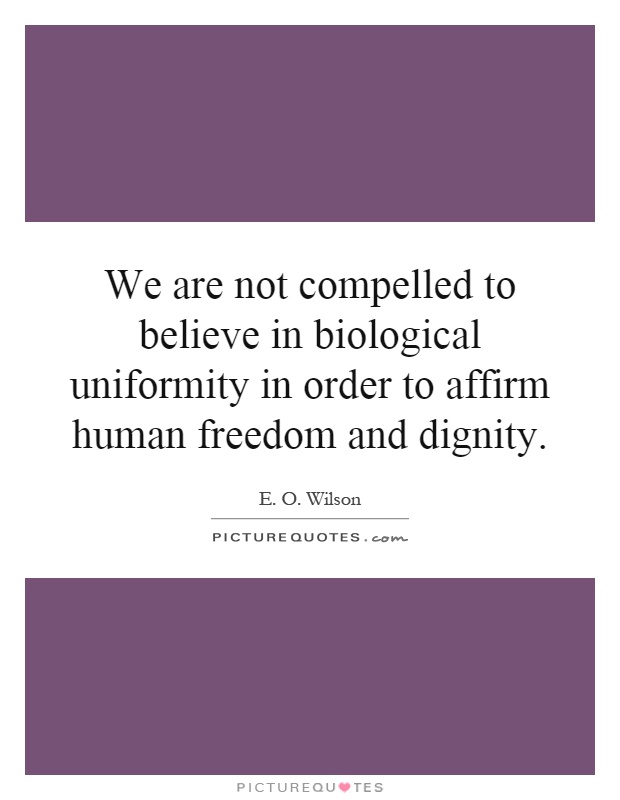
We are not compelled to believe in biological uniformity in order to affirm human freedom and dignity
E.O. Wilson, a renowned biologist and naturalist, is known for his groundbreaking work in the field of sociobiology and his exploration of the relationship between biology and human behavior. One of the key ideas that Wilson has put forth is the concept of biological uniformity, which suggests that all humans share a common genetic heritage and are fundamentally similar at the biological level. However, Wilson also acknowledges the diversity and complexity of human societies and cultures, and he argues that this diversity does not negate the fundamental principles of human freedom and dignity.Wilson's perspective challenges the traditional view that human freedom and dignity are contingent upon a belief in biological uniformity. Many people believe that in order to affirm the value of human life and the importance of individual rights, we must first accept that all humans are biologically equal. However, Wilson's work suggests that this is not necessarily the case. While it is true that humans share a common genetic heritage and are fundamentally similar in many ways, there is also a great deal of variation among individuals and populations. This variation is what gives rise to the diversity of human cultures and societies, and it is what makes each individual unique.
Wilson argues that human freedom and dignity are not dependent on biological uniformity, but rather on the recognition of the inherent worth and value of each individual. Regardless of our genetic makeup or biological differences, all humans have the capacity for reason, empathy, and moral agency. These qualities are what make us truly human, and they are what give us the ability to make choices, form relationships, and create meaning in our lives.
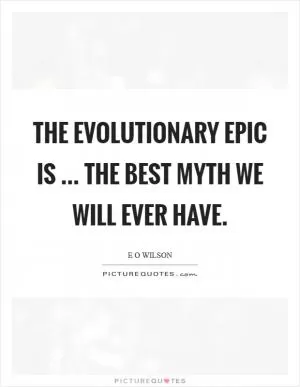




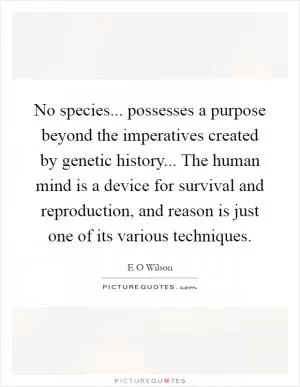
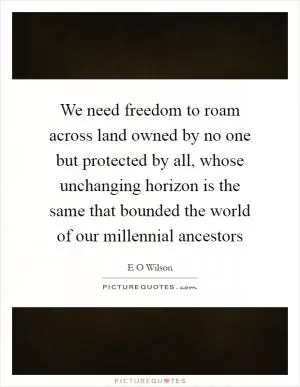


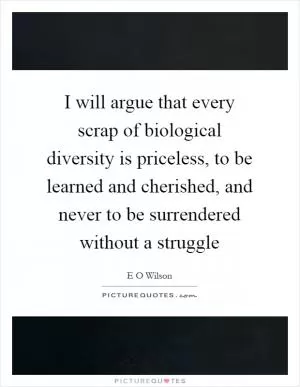


 Friendship Quotes
Friendship Quotes Love Quotes
Love Quotes Life Quotes
Life Quotes Funny Quotes
Funny Quotes Motivational Quotes
Motivational Quotes Inspirational Quotes
Inspirational Quotes